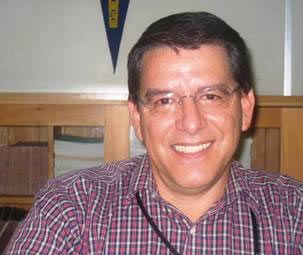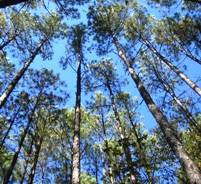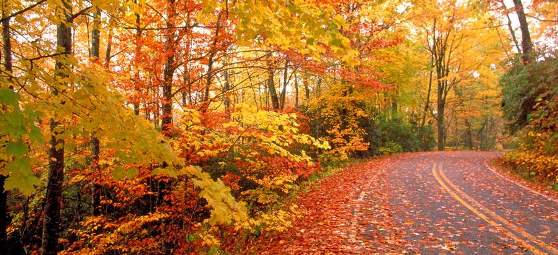Speaker: Elizabeth Scharpf, CEO, Sustainable Health Enterprises (SHE)
Date: Wed., Oct. 26 at 5:00 p.m.
Location: College of Textiles, Rm. 2207 (parking available adjacent to the building)
RSVP: ncstateglobalhealth@gmail.com by 5:00 p.m. on Monday, Oct. 24
NCSU Global Health Initiatives in the Office of International Affairs, along with the College of Textiles and the Department of Forest Biomaterials in the College of Natural Resources, invite you to a special event featuring Elizabeth Scharpf, a noted social entrepreneur and CEO of Sustainable Health Enterprises (SHE). The topic of her presentation will be: The Period Problem: Challenges and Opportunities in the Creation of Market-Based Solutions for Low-Resource Settings
Ms. Scharpf will also address the ways in which she has worked with University students and faculty to co-develop solutions. There will be refreshments in the College of Textiles Atrium following the presentation. For more information on Elizabeth and SHE, please read below. Faculty are invited to a drop-in with Elizabeth in Withers 331 on Oct. 26 from 10:30 – 11:30 (please RSVP). Elizabeth will have limited availability to meet individually with faculty or student groups between 2 – 4 p.m., location TBD. Please contact Marian McCord at ncstateglobalhealth@gmail.com to request a meeting.
Demonstration: 1 p.m. Biltmore Hall – Pulp and Paper Labs
Researchers in the Department of Forest Biomaterials will demonstrate the processes they have been working on with SHE for more than a year.
The service project takes locally-available banana stem fiber and turns it into a surprisingly-absorbent fluff material that seems suitable for the
manufacture of hygienic devices. Two simple steps turn the coarse, twine-like stem material into a woolly mass. The simplicity of the process means that the local people can start up a cottage manufacturing facility and make their own hygiene devices. For more information on the Demonstration contact Dr. Med Byrd at med_byrd@ncsu.edu.
About SHE
Sustainable Health Enterprises (SHE) is a social venture using market-based approaches to address social problems in developing countries. Its first initiative, she28, is addressing girls’ and women’s lack of access to affordable sanitary pads when they menstruate causing them to miss school and/or work–up to 50 days per year. she28 helps women start their own businesses distribute and eventually manufacture affordable, eco-friendly sanitary pads by sourcing local, inexpensive, raw materials (e.g., banana fibers), establishing manufacturing systems, and leveraging existing distribution networks. Echoing Green, one of the premier seed funders of social enterprises, named SHE one of the 20 most innovative social ventures worldwide (out of 1,500 applicants). Harvard Business School named SHE founder, Elizabeth Scharpf, its first Social Enterprise Fellow. President Clinton recognized SHE for its accomplishments at the Clinton Global Initiative. In October 2010, Elizabeth won the Curry Stone Design Prize, a $100,000 grant started by UK architect, Clifford Curry, and his wife, H. Delight Stone, and awarded annually to a designer making a global impact in the education, water, health, food, social justice, energy or peace promotion field.
About Elizabeth Scharpf
Founder and Chief Instigating Officer of SHE
Elizabeth is an entrepreneur who has spent most of her professional career starting up ventures or advising businesses on growth strategies in the health care industry. She has spent time as a strategic management consultant at Cambridge Pharma Consultancy as well as stints at the Clinton Foundation and the World Bank in Asia and East Africa, respectively. Elizabeth has an MBA from Harvard Business School, an MPA in international development from Harvard’s Kennedy School of Government, and a BA from the University of Notre Dame. Despite all the academic acronyms, she thinks her best education has come from talking with those sitting next to her on buses around the world.




